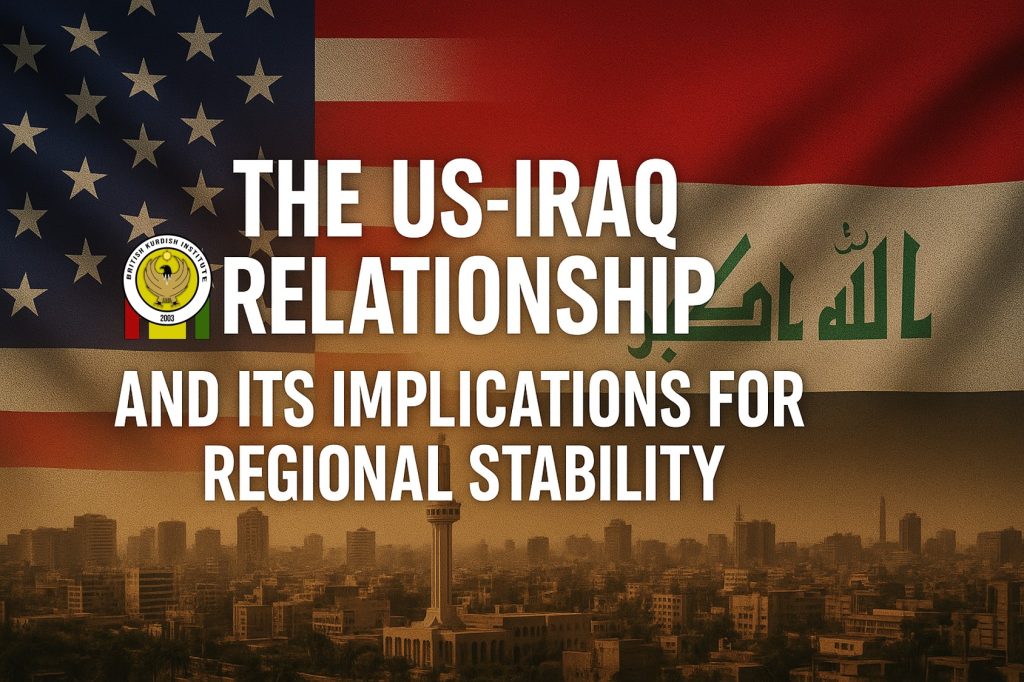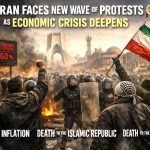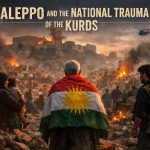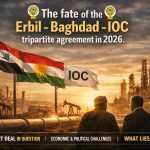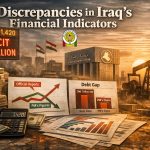The relationship between Iraq and the United States has entered a significant new phase. A recent phone call between Prime Minister Mohammed Shia Al-Sudani and US President-elect Donald Trump highlighted the importance of this strategic partnership. Analysts see this as a turning point that could shape Iraq’s future and its role in the wider Middle East.
Iraq’s Commitment to Strategic Partnership
Prime Minister Sudani has emphasized Iraq’s dedication to strengthening ties with Washington. His vision for “equality and shared interests” reflects not only a focus on security but also cooperation in finance, energy, and technology. This approach aims to safeguard Iraq’s sovereignty, enhance its capabilities, and build balanced relations with both regional neighbors and global powers.
Security Cooperation and Counterterrorism
At the heart of the US-Iraq relationship lies military and security cooperation. Iraq remains a frontline state in the global fight against terrorism, with its forces making heavy sacrifices during the battle against ISIS. Washington has acknowledged this role, with Secretary of State Antony Blinken reaffirming the United States’ gratitude for Iraq’s contribution.
Although ISIS has been severely weakened, its ideological influence persists. Terrorist cells in Africa and beyond continue to pose risks to global stability. For this reason, US support in training, intelligence sharing, and border security remains crucial until Iraq develops a fully self-sufficient defense system.
Expanding the Relationship Beyond Security
While counterterrorism will remain a core element, both nations recognize the need to expand cooperation into economic and development fields. During his visit to Washington, Sudani stressed Iraq’s desire to “open a new chapter” through investment and trade opportunities.
Notable progress has already been made in modernizing Iraq’s banking sector, with partnerships involving major US financial institutions such as JPMorgan Chase and Citibank. These steps enhance Iraq’s credibility in global markets and open new avenues for investment.
Energy: The Cornerstone of Economic Cooperation
As one of the world’s largest oil producers, Iraq plays a pivotal role in global energy markets. Ongoing reforms, such as optimizing gas usage, are designed to attract further American investment. Projects with TotalEnergies and American companies like KBR demonstrate Iraq’s ambitions in the energy sector.
Developments such as the liquefied natural gas plant at the Port of Faw highlight Iraq’s growing significance as a hub for energy production and export. These initiatives not only serve Iraq’s economic growth but also strengthen its strategic relationship with Washington.
Diversification: New Avenues for Cooperation
Beyond energy and security, Iraq and the United States are exploring partnerships in agriculture, healthcare, technology, and education. By diversifying its economy and rebuilding infrastructure, Iraq seeks to reduce its reliance on oil while developing its human capital. For the United States, this offers access to a fast-evolving market with significant long-term potential.
Conclusion: A Partnership for Regional Stability
The US-Iraq relationship is more than a bilateral partnership—it is a cornerstone of regional stability. For Iraq, it represents an opportunity to rebuild, modernize, and strengthen sovereignty. For the United States, it secures a key ally in the Middle East.
With mutual respect and shared interests, this partnership can grow into one of the most important regional alliances—ensuring prosperity and stability for decades to come.

